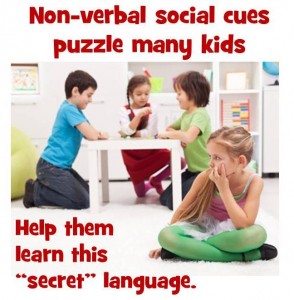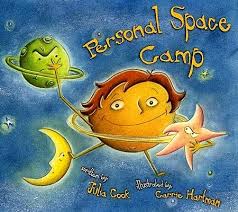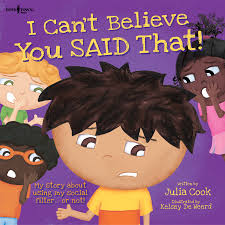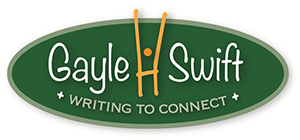 Mastering the subtle, non-verbal social cues is a daunting task. For kids with a less than smooth start in life, often this skill is poorly developed or is overwhelmed by hyper-vigilance. Unless children are taught how to read the “secret” messages of body language, some kids will never learn it. This will leave them confused and often can lead to social isolation.
Mastering the subtle, non-verbal social cues is a daunting task. For kids with a less than smooth start in life, often this skill is poorly developed or is overwhelmed by hyper-vigilance. Unless children are taught how to read the “secret” messages of body language, some kids will never learn it. This will leave them confused and often can lead to social isolation.
When they don’t speak the language of behavioral cues children remain on the outside of the emotional/social conversation. The subtle hints other kids give may quickly become far less kind and patient and become mean and lead to bullying. A growing gap will arise.
Without adequate social skills, a child will struggle to mirror the emotional states of others and may respond inappropriately to the overtures of other children and adults. Instead of feeling “mirrored” they may misinterpret other people’s responses and feel mocked and unsupported. Even worse, they may feel threatened which might trigger a complete meltdown, and/or a flight/flight/freeze response. How can you assist your child in mastering the complex task of emotional literacy and the language of social cues?
 One excellent resource is a marvelous book by Julia Cook titled, “Personal Space Camp.” With a deft sense of humor and zany illustrations by Carrie Hartman, this book tackles the complicated concept of personal space. Louis, the confused main character loves the world of outer space. But when it comes to personal boundaries, Louis is clueless. His frustrated teacher arranges for him to attend “Personal Space Camp.” This thrills Louis. He is surprised to learn that he will not be an astronaut exploring.
One excellent resource is a marvelous book by Julia Cook titled, “Personal Space Camp.” With a deft sense of humor and zany illustrations by Carrie Hartman, this book tackles the complicated concept of personal space. Louis, the confused main character loves the world of outer space. But when it comes to personal boundaries, Louis is clueless. His frustrated teacher arranges for him to attend “Personal Space Camp.” This thrills Louis. He is surprised to learn that he will not be an astronaut exploring.
Louis is, however, entering unexplored territory: the world of personal space boundaries. “Personal Space Camp” is entertaining and informative without being preachy. It conveys important information that will assist kids that lack an understanding of social cues.
 Julia Cook has written several other books that delve into the confusing world of social cues and interaction. One that is also quite helpful is, “I Can’t Believe You Said That.” (Illustrated by Kelsey De Weerd, it features multicultural characters.) The story helps kids discern the difference between saying something true: ”You are fat,” versus something that is appropriate: “You are a good cook.”
Julia Cook has written several other books that delve into the confusing world of social cues and interaction. One that is also quite helpful is, “I Can’t Believe You Said That.” (Illustrated by Kelsey De Weerd, it features multicultural characters.) The story helps kids discern the difference between saying something true: ”You are fat,” versus something that is appropriate: “You are a good cook.”
Photo © Ilike – Fotolia.com
I wrote this article for Growing Intentional Families Together (GIFTfamilyservice.com ) and have modified it slightly for this blog.

